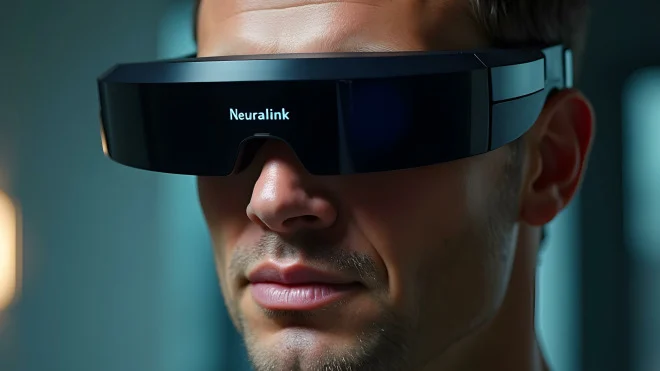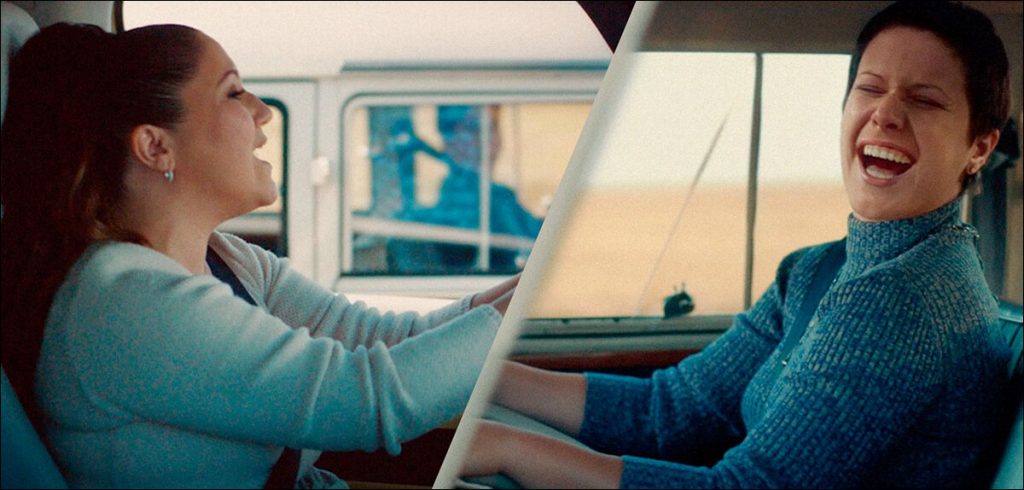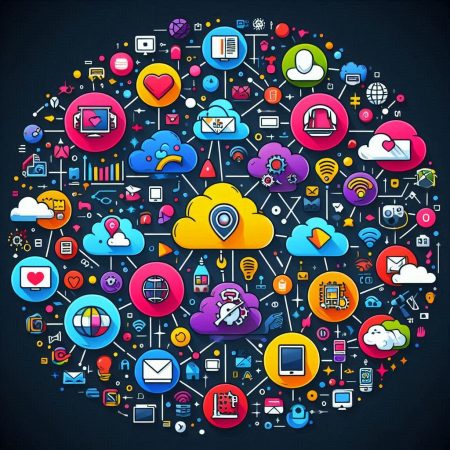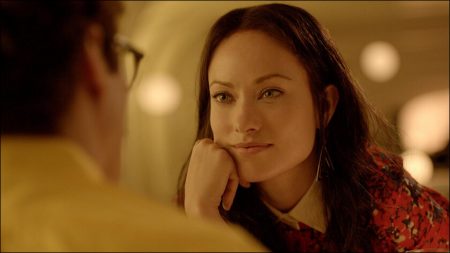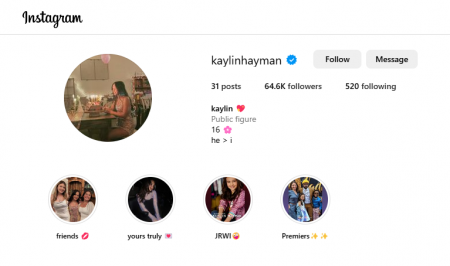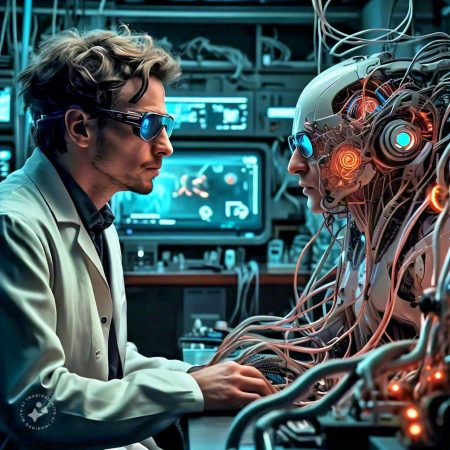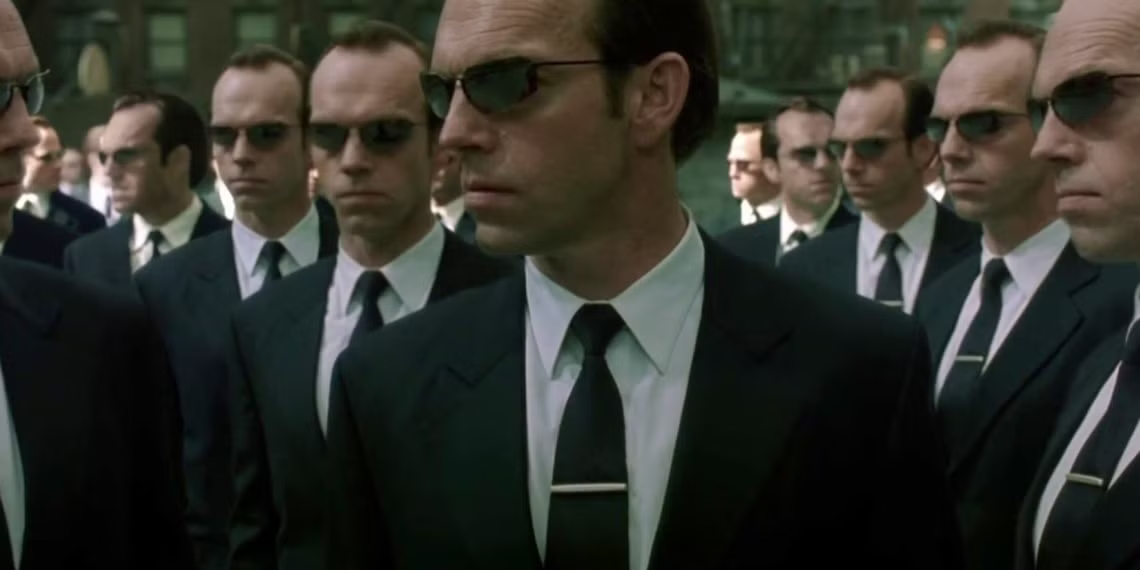It’s just been a year since the first generative AI tool – Dall-E – came alive for the masses but in that time, we have done everything – including reanimate the dead with it writes Satyen K. Bordoloi.
On July 14 Hollywood actors joined the screenwriters on strike against studios. One of the issues they’re raising is control of their likeness created by AI. Right now, actors have to sign off this right to producers who can resurrect them without permission or payment.
As if on cue to make their point, multiple recent events have lent validity to their argument. On July 5, to mark its 70th anniversary, Volkswagen launched an ad in Brazil that got 33 million hits in 12 days just on YouTube. This sparked a debate as in it legendary Brazilian singer Elis Regina is with her daughter Maria Rita. The only problem: Regina died in 1982 and has been reanimated by deepfake technology. Though her own family gave permission, Regina isn’t there to do so.
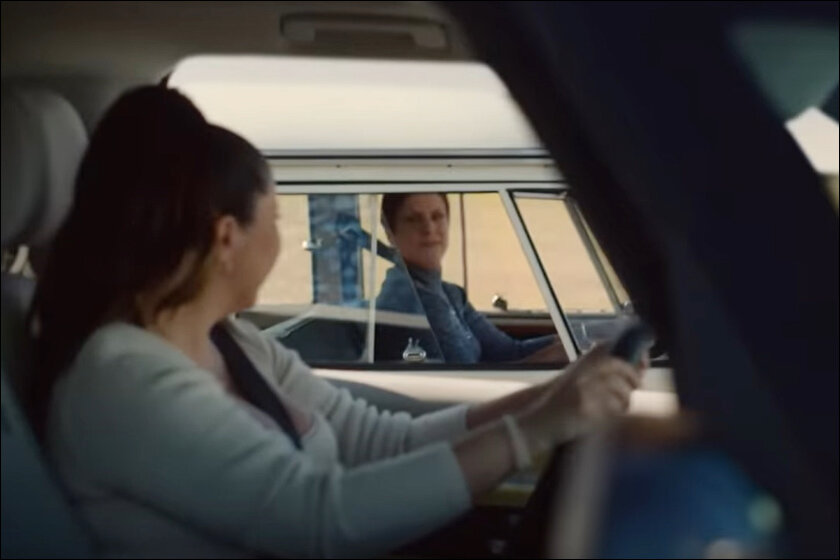
This isn’t new. 20 years ago, Keanu Reeves fought an army of Agent Smiths played by Hugo Weaving in The Matrix: Reloaded. In recent years, both Arnold Schwarzenegger and Hugh Jackman have fought younger versions of themselves in the Terminator and X-men franchises. But it was rare because it was prohibitively expensive. Today, anyone with a laptop can make K L Saigal come alive in full colour on an 8K screen, and have him rap in his baritone, soft tenor voice with J Dilla to an entirely new rap written and composed by AI.
Regina isn’t the only one who’s having her legacy tampered with. You can hear Freddie Mercury and Michael Jackson crooning Beetle’s famous song Yesterday. Mercury even sings, what to me is a funny version, of My Heart Will Go On here. Someone posted the ‘first’ Michael Schumacher interview which was a deepfake. Amy Winehouse is creating songs she never sang from the dead. Even Sir Paul McCartney says artificial intelligence has enabled a ‘final’ Beatles song.
This was inevitable. We at Sify had predicted this age of pollution many moons ago. But its gist is worth repeating: NOTHING. IS. SACROSCANT. ANYMORE.
THE AGE OF DISRESPECT:
Being nasty to people on social media has become the norm. We don’t realise that this is a symptom of an age, of the way we perceive the world where nothing is sacred anymore. Everything is up for pollution, for reimagining, for recreating. And thanks to AI this is so easy, anyone can do it.
Vincent Van Gogh’s paintings were unique because not only had no one done his style before, it was difficult to do even if you wanted to copy. Not anymore. For a previous Sify article I asked Dall-E to paint sunflowers in Van Gogh’s style. As a social experiment, I placed Van Gogh’s original next to these AI creations and only those with knowledge of art history correctly identified the right Van Gogh.
Beethoven – by the end of his career – put his teeth on the piano to ‘listen’ to his own composition through bone conduction because he was turning deaf. Today, thanks to AI, you can create 100 new Beethoven compositions in as many minutes. Oh, you heathen Beethoven, why did you have to live in the wrong age?
All this is exciting. But most of us forget its ethics. Regina isn’t there to give permission for her reanimation. Neither is John Lennon, Van Gogh, Beethoven, Amy Winehouse, Freddie Mercury etc. We do it just because we can. Because it’s fun. Because we don’t care anymore. Because the respect for truly original human creations is dying in a world where AI can make ‘new’ copies quicker than your fast-food takeout.
We worry about Millennials and Gen Z born under the overwhelming shadows of the digital and internet worlds. We now need to worry about Generation AI born post-2012 who will know nothing but the boundless ‘creativity’ of Artificial Intelligence. 20 years from now, will this Gen-AI even realise that AI is not creating new things, but regurgitating the old, repatterning ancient motifs in music, literature, cinema etc.? Will they know that recreating is not creating, no matter how original it seems? That a pure creation from the human mind, with the context and meaning of our lives and generations thrown into the cauldron of our creativity, is infinitely better than the one masticated by AI without feeling that it has none of?
At this point, I’d like to make the opposite argument: that AI need not just be about masticated copies.

THE AGE OF CREATION:
In the film Gattaca, the protagonists go to a concert by a pianist who plays a tune that can be played only with six fingers. He can play it as he had been genetically modified at birth to have six fingers in each hand. It’s a minor scene meant to highlight the genetically modified times the film is set in. But it is significant in the age of AI as well. Because this AI age can be an age of unimaginable human creativity.
With the digitization of everything, and then the emergence of Artificial Intelligence, creativity has been unhinged for the first time in human history. Today, humans have been set free. We can not only create new kinds of music or art but can crunch numbers, go deep into a problem that’s been bothering humanity and find solutions to them – like 3D protein folding which AI did in years which would have taken us decades or centuries.
The limits to what we can create, invent, make, see, hear and understand – have been lifted. We can imagine whatever we want. Solve any problem we deem fit to solve. Do almost anything we set our minds to. Whether we realise this or not, AI is not just good for deepfakes, it can actually be better for DEEPCREATIONS.
By deepcreation I mean going so deep into a certain subject that it becomes second nature to you. Then you take AI to create something that past generations couldn’t fathom. Instead of copying the Beatles, you could create a new kind of music that doesn’t exist in the world. Don’t recreate Van Gogh sunflowers, but find a new way to paint them, or do something else entirely with them.
Take music. Currently, all music in the world has been made by and for human hands. And they are made with human minds. But our minds’ limitations have been our hands. We could only write those songs that we could play with our hands. Now, the writing of music first on paper, then its digitization – both to write and to play it – means that a piece written for the piano need not be written to be played by a human with two hands and five fingers. Like the six-fingered pianist in Gattaca, we can have AI make a new kind of music entirely that’s unplayable by human hands.
We can thus create new genres of music. And this is the future of AI in art. Not deepfakes, but deepcreations. To create new styles and forms, new genres, and entirely new art forms. There is so much potential, that like music, painting, sculpture, photography, and cinema, we should add another new artistic field – ARTI i.e. ARTificial Intelligence. To use the artificial to create the real, that would be magic.
This is also a future that our new digital technology beckons us towards. Sadly, we are too busy playing with and being fascinated by trifles like deepfakes, bringing the dead to life, or cribbing about the destructive power of AI technology and how it will destroy us, that we forget that it is actually the greatest creative tool humans have ever made.
Every art form will be dramatically affected. As we wrote in Sify earlier – zero-budget, non-camera filmmaking is on the horizon. What will that world be in which everyone can make a long-form movie or series much like they make Instagram reels or YouTube Shorts? Like Iron Man making a flying suit using an AI assistant Jarvis in the first film, helping not just himself but the entire Marvel franchise fly, AI can be humanity’s assistant to help human creativity and ingenuity soar into new horizons.
About 2 years ago, when the AI tech to turn a single image into a short video became public, I turned the image of a friend’s long-dead mother into a video. She broke down seeing her mother ‘move’ after 25 years. It was too real for her. Then she was angry. She did not want this. A few days later, she apologised. She continues to be conflicted about it to this day.
I am sure it must have been as emotional for Maria Rita to reanimate and sing alongside her long-dead mother for the Volkswagen ad. But she and the family are enthusiastically supporting the technology. Would they have been as encouraging if it wasn’t a million-dollar, global-fame-triggering deal, like my friend who broke down?
This is the conflicting world we are entering into at this moment. Bringing the dead to life, and creating entirely new art forms is fine. But who will take responsibility for the impact it is having on us psychologically, emotionally.. spiritually? To us as individuals. And as a society.
The answers won’t be easy. But if we can truly create a new, creative, just world unfathomable right now, maybe our pains in the present will be worth it in the future.
In case you missed:
- ‘Now and Then’: Time Travelling with The Beatles’ Last AI Song
- What are Text-to-Video Models in AI and How They are Changing the World
- AI vs. Metaverse & Crypto: Has AI hype lived up to expectations
- The Path to AGI is Through AMIs Connected by APIs
- How AI video creators like OpenAI’s Sora will change cinema forever
- OpenAI’s Secret Project Strawberry Points to Last AI Hurdle: Reasoning
- Copy Of A Copy: Content Generated By AI, Threat To AI Itself
- Apple Intelligence – Steve Jobs’ Company Finally Bites the AI Apple
- Rethinking AI Research: Shifting Focus Towards Human-Level Intelligence
- Personal AI’s Future Is Here: Not What You Expected; Close to What You Need
